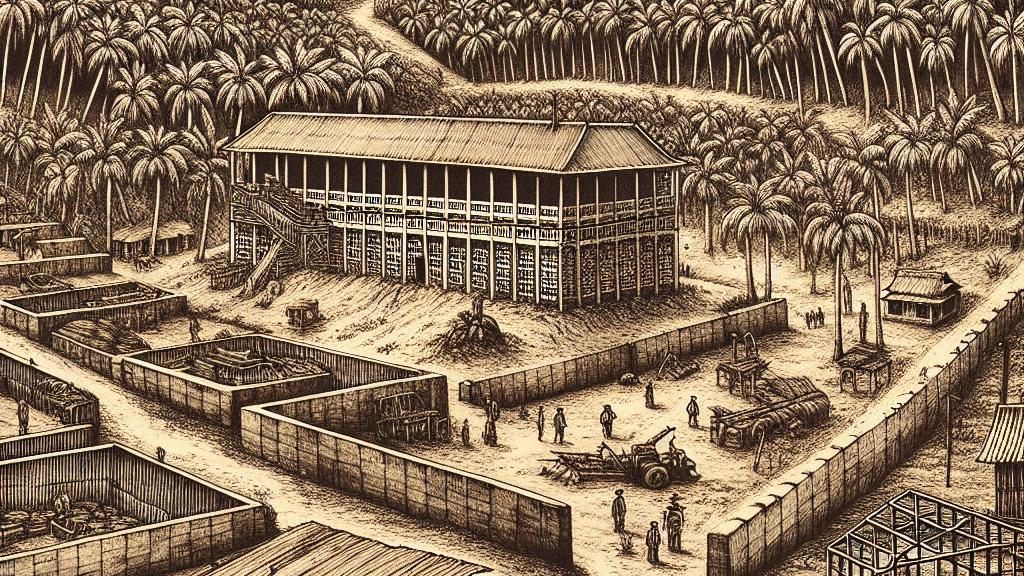Indonesia's Supreme Court Jails Official for Human Trafficking and Slavery
Overview
- An Indonesian official receives a four-year sentence for egregious human trafficking and slavery offenses.
- A shocking case reveals victims confined in cages on a palm oil plantation, sparking national outrage.
- The Supreme Court's ruling signifies a crucial turning point in the fight against human rights violations.

The Start of a Disturbing Revelation
In the heart of North Sumatra, Indonesia, a horrifying chapter in the realm of human rights began to unfold. Terbit Rencana Perangin-angin, a notable former government official, was exposed for his role in a grotesque human trafficking operation. Initially acquitted of all charges in July 2024, his fortune shifted dramatically after authorities discovered the chilling conditions under which individuals were held—imprisoned in cages on his palm oil plantation. This grim reality came to light amidst a broader police investigation focused on corruption, thereby engaging the attention of both local activists and international human rights organizations. Alarmingly, reports indicated that 665 individuals had been wrongfully detained since 2010, many enduring unspeakable torture. Tragically, at least six of them lost their lives due to the inhumane circumstances they faced. How could such horrifying abuses go unnoticed for years?
A Significant Legal Victory
As public outrage mounted and pressure for accountability intensified, the judicial system sprang into action. Prosecutors, determined to right the wrongs of the lower court's acquittal, filed an appeal that would change everything. On November 15, 2024, Indonesia's Supreme Court proclaimed Terbit guilty, sentencing him to four years in prison— a decisive display of justice in the face of atrocity. This ruling not only serves as a beacon of hope for victims of human trafficking but also reflects a crucial step forward in the ongoing battle against such despicable acts. Moreover, Terbit's shocking excuse—that those he confined were simply part of a drug rehabilitation program—speaks volumes about the lengths to which individuals may go to justify their heinous behavior. It highlights an urgent need for comprehensive reforms to prevent exploitation across various sectors, especially in industries known for labor abuses.
The Broader Implications for Human Rights
The ramifications of this case reach far beyond the plight of a single individual; they illuminate the persistent issues of human trafficking and forced labor in Southeast Asia. Extensive historical analyses, like those examining slavery practices within the region, reveal alarming trends that must prompt immediate action. Indonesia’s situation serves as a clarion call—a reminder of the responsibility we all share in safeguarding human rights and protecting the most vulnerable. Activism is crucial, as it shines a light on these pernicious practices, prompting national and international discussions about accountability and ethical standards in industries like palm oil. This pivotal moment demands that we confront not only individual misconduct but also the broader systemic issues that allow such tragedies to persist unchecked. Emphasizing the need for vigilance and reform could help ensure that the shadows of exploitation are illuminated, paving the way for a more humane and just society.

Loading...